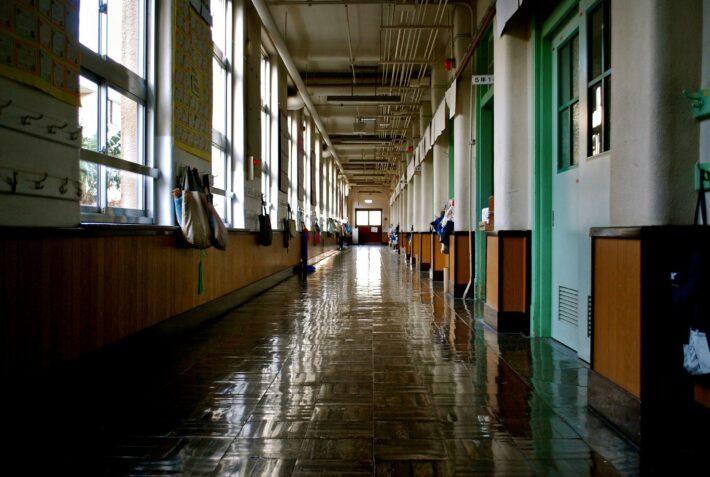Breaking Barriers: How Universal Education Can Shape a Better World for All

In a rapidly changing world, education stands as a beacon of hope, offering the promise of a brighter future for individuals and societies alike. Universal education, the idea that every child should have access to quality schooling regardless of their background or circumstances, is not just a moral imperative but a strategic investment in the collective well-being of humanity. In this blog, we’ll explore the profound impact of universal education in shaping a better world for all.
Education is the most powerful weapon which you can use to change the world.
– Nelson Mandela
Bridging the Opportunity Gap
By providing equal access to education for all children, regardless of their socio-economic status, ethnicity, or geographic location, we can break the cycle of poverty and inequality. Education empowers individuals to realize their full potential, pursue their aspirations, and contribute meaningfully to society.
Equal Access to Opportunities.
- Universal education ensures that every child has equal access to opportunities for learning and personal development.
- It removes barriers to entry and levels the playing field, allowing children from diverse backgrounds to thrive and succeed.
Promoting Social Mobility.
- Education serves as a pathway to upward social mobility, enabling individuals to transcend the circumstances of their birth and achieve a better quality of life.
- By providing children with the knowledge, skills, and opportunities they need to succeed, universal education empowers them to break free from the constraints of poverty and inequality.
Driving Economic Prosperity
Education is a powerful driver of economic prosperity and growth. A well-educated workforce is essential for innovation, productivity, and competitiveness in the global economy. Universal education not only enhances individual earning potential but also fuels economic development, reduces poverty, and fosters sustainable progress.
- Universal education is a strategic investment in human capital, providing individuals with the knowledge, skills, and abilities they need to succeed in the 21st-century economy.
- It strengthens the workforce, increases productivity, and drives innovation and technological advancement.
- Education is a proven pathway out of poverty, offering individuals the opportunity to secure better-paying jobs, improve their standard of living, and build a brighter future for themselves and their families.
- By equipping people with the skills and knowledge they need to participate in the economy, universal education breaks the cycle of intergenerational poverty and creates pathways to prosperity for future generations.
Conclusion
We can bridge the opportunity gap, foster global citizenship, drive economic prosperity, and build a more just, inclusive, and sustainable society for all. As we strive to shape a better world for future generations, let us remember that education is the key to unlocking their full potential and empowering them to create a brighter tomorrow.


